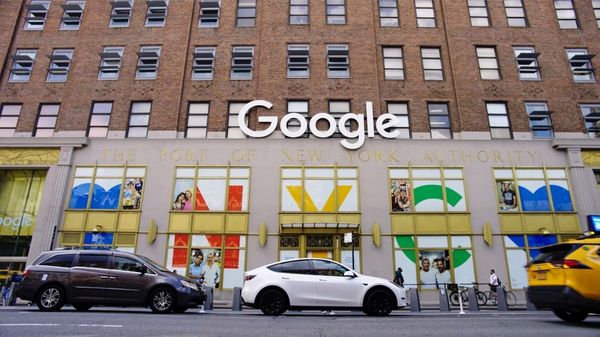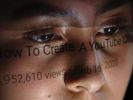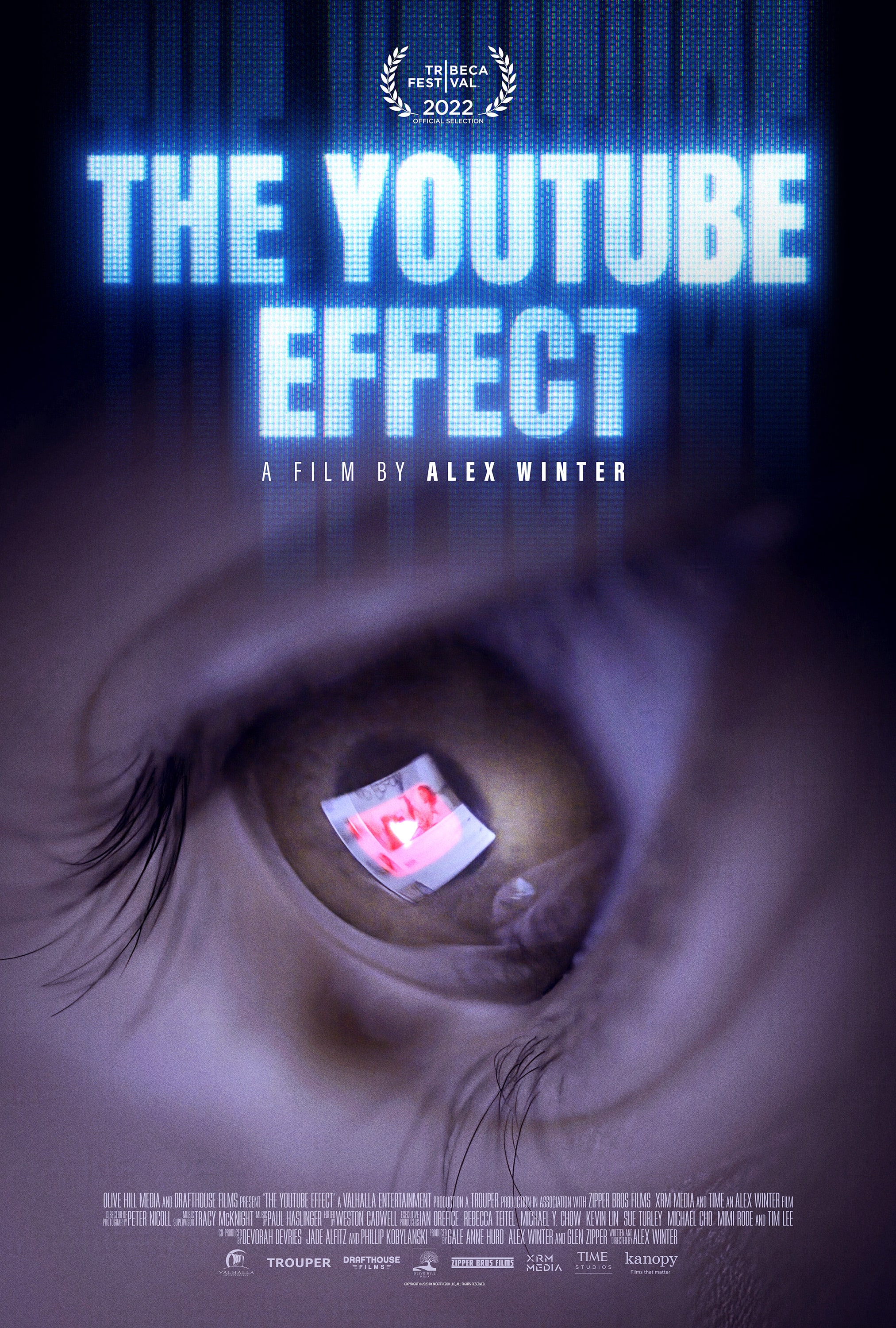Eye For Film >> Movies >> The YouTube Effect (2022) Film Review
The YouTube Effect
Reviewed by: Jennie Kermode

YouTube has become such an influential aspect of life online – and therefore of life in general, across much of the world – that it’s bizarre to realise that it’s only 18-years-old. That’s old enough, of course, for a generation of young people to have grown up using it, and the number of people it has reached over that time is staggering. Its users currently watch over a billion hours of videos per day between them, and for a not insignificant number of people, it has become an essential tool with which to make a living. Alex Winter’s timely documentary explores its history as a platform and as a business, and reflects on its influence on wider society.
Debates around online platforms, like those pertaining to most popular phenomena still primarily associated with young people, tend to be couched in very black and white terms. Is YouTube a wonderful creation which has made it much easier for content creators to succeed on merit, given a home to outsider communities and enabled free speech? Is it a monstrous thing which has encouraged people to endanger themselves in pursuit of profit, enabled the free spread of dangerous misinformation and facilitated fascism? There is room here for it to be both. What matters, Winter argues, is not simply how it is used at an individual level, but the wider context in which it exists. Understanding its history in context is vital to the search for solutions to its worst excesses.

The film unfolds in roughly chronological order, starting with its very early days and featuring an interview with founders Chad Hurley and Steve Chen. It touches briefly on early hits like Charlie Bit My Finger to explain how it took off, and uses footage of the killing of George Floyd and the Egyptian uprising of 2011 to remind viewers of the vital role it played in the pursuit of justice, both individual and social. There is reflection on how long it took to load in the early days because technology still had to catch up (it would arguably become one of the drivers of that), and how people did it anyway because the unprecedented opportunity it offered was incredibly exciting. Older viewers may recall this with nostalgia. To younger ones, it will be a glimpse of a completely alien world.
The film is informationally dense; it must have been exhausting to put together, and watching it all at once highlights just what a roller-coaster ride life with YouTube has been. We see how it helped to launch the careers of stars like Justin Bieber and Carly Rae Jespen, who posted their songs as kids. We meet Ian Hecox, one of the first online celebrities, who talks about how overwhelming his experience was, and meet child star Ryan Kiya of Ryan’s World in a heartwarming segment which demonstrates the difference that a good offline support system can make. There is also an interview with Brianna Wu about GamerGate and doxing which shows a very different side of it.
Halfway through the film we hit the issue of monetisation, the evolution of the algorithm, and the emergence of clickbait. YouTube stars talk about the pressure this placed on them, whilst one young man discusses how it led him down an alt.right rabbit hole and destroyed his ability to empathise with others. There’s a look at attempts to provoke strong emotions and the discovery that hate and division lead to increased engagement. Then it’s all downhill to the disintegration of YouTube Kids, the Momo challenge, mass murderers, Q-Anon, Donald Trump and the attack on the US Capitol.
Is there a way back from this? Winter factors in the effect of Covid lockdowns and the additional importance which parasocial relationships developed in people’s lives when their usual social outlets were unavailable. Susan Wojcicki speaks for the platform, coming back to the positives and arguing that many of the problems are societal and origin and can only be tackled effectively at that level. All this seems to bring us back to another old internet debate: nature or nurture? What is unspoken, but plainly understood, is that short of politicians developing the guts to institute proper regulation – and voters figuring out who those politicians are and how to vote for them when social media giants can ensure that others have more prominent campaigns – nobody really knows what to do about it anyway. In the face of that, the film manages to be surprisingly energetic and engaging. It’s smart, observant and funny, and it won’t force you to watch an advert every five minutes or recommend videos by people who think you should be killed.
Reviewed on: 06 Jul 2023
















